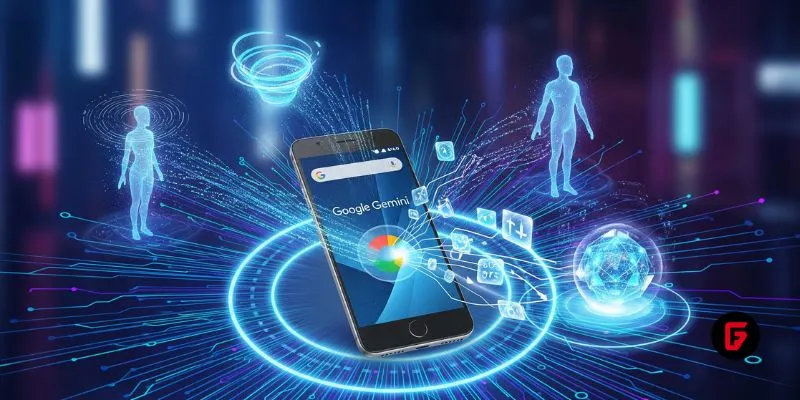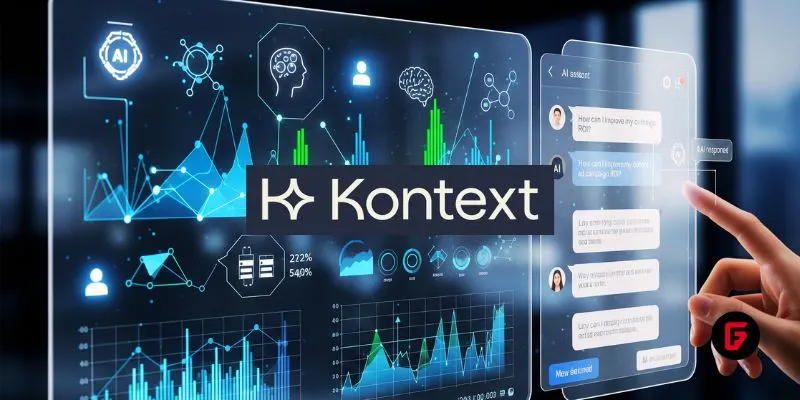
By futureTEKnow | Editorial Team
Mental health is an integral aspect of our overall well-being, encompassing our emotional, psychological, and social states. It shapes our thoughts, feelings, and actions, influencing how we cope with stress, connect with others, and make choices.
True mental health extends beyond merely the absence of mental disorders; it represents a state of equilibrium and satisfaction that empowers individuals to lead rewarding lives, foster meaningful connections, and reach their highest potential.
These statistics underscore the global burden of mental health disorders and the critical need for enhanced mental health services and interventions.
This staggering statistic reveals the massive scale of mental health challenges, demonstrating that mental disorders impact nearly half a billion individuals globally. The widespread nature of these conditions underscores the critical need for comprehensive mental health awareness and support systems.
A shocking insight into human psychological vulnerability, this statistic indicates that one out of every two people will experience a mental health disorder during their lifetime. This highlights the importance of understanding, destigmatizing, and proactively addressing mental health issues.
Focusing on the 5-24 age group, this statistic reveals the significant mental health challenges facing younger generations. It emphasizes the urgent need for early intervention, mental health education, and support systems tailored to youth.
This statistic demonstrates that nearly one in five people worldwide experiences a mental disorder within a 12-month period. It underscores the persistent and widespread nature of mental health challenges across different populations and regions.
With 264 million people impacted, depression represents a significant global mental health challenge. This statistic emphasizes the widespread nature of depressive disorders and the importance of comprehensive mental health care and support.
AI can manage vast datasets and analyze intricate patterns and relationships. In mental healthcare, where deciphering complex human behaviors and emotions is critical, AI has the potential to revolutionize the field. Here are some ways artificial intelligence is being used in mental health:
AI algorithms analyze various data sources, including social media posts, speech patterns, and digital interactions, to identify early signs of mental health issues such as depression or anxiety.
AI systems process data from electronic health records, brain imaging, and genetic tests to create tailored treatment plans for individuals, improving the efficacy of interventions.
AI-powered virtual assistants provide round-the-clock support, offering cognitive behavioral therapy techniques, mindfulness exercises, and crisis intervention when human therapists are unavailable.
Machine learning algorithms are used to predict treatment responses, potentially avoiding ineffective medication trials or time-consuming therapies.
AI-based systems assist in recognizing mental health concerns earlier, enabling quicker action plans and reducing the chances of extreme episodes.
AI-driven tools make mental health support more accessible, especially in areas with limited access to traditional care, by providing virtual environments for interventions.
AI helps clinicians make better use of their time with patients by analyzing large amounts of data quickly, aiding in more accurate diagnoses and treatment planning
The transformative impact of AI on mental health is undeniable, as evidenced by the groundbreaking work of the 15 leading companies highlighted in this article. These pioneers are not only revolutionizing the way we understand and treat mental health conditions but also making these innovations more accessible and personalized than ever before. As AI continues to evolve, the potential for further advancements in mental health care seems limitless.
But with such rapid advancements, one must ask: How will the integration of AI in mental health shape our future society, and are we ready to embrace the ethical and practical implications of this revolution?
The answers to these questions will undoubtedly unfold in the years to come, but one thing remains clear: the synergy between AI and mental health holds the promise of a brighter, healthier future for all.

Traditional Medicare will pilot AI-assisted prior authorization in 2026 across six states, focusing on high-risk outpatient services. Clinicians retain final say, but incentives and access concerns loom as CMS tests fraud reduction and “gold card” exemptions. Here’s what providers and patients should know.

OpenArt’s new “one-click story” compresses scripting, visuals, and edits into ready-to-post short videos—fueling viral growth and a fresh IP debate. We break down how it works, adoption signals, what’s next (multi-character, mobile), and practical guardrails creators and brands should follow to stay original and compliant.

OpenAI’s o3 swept the Kaggle AI chess tournament, defeating xAI’s Grok 4–0. The victory fueled the intense rivalry between Altman and Musk, reshaping AI benchmarks.

Pinterest’s CEO confirms that fully agentic AI shopping is years away, as the platform invests in AI-powered tools to enhance discovery, inspiration, and personalized shopping experiences for millions.

Shopify’s new AI shopping tools are transforming e-commerce, letting agents and chatbots deliver smooth, personalized shopping and checkout experiences across platforms. Learn how these innovations reshape online retail.

Meta has acquired WaveForms AI, a startup pioneering emotion-detecting voice technology. Learn what this means for Meta’s AI voice ambitions and the future of AI audio.

Tracelight is revolutionizing financial modelling for finance professionals with AI-powered Excel tools that automate complex tasks, reduce errors, and unlock new analysis capabilities. Learn how this next-gen solution changes the future of spreadsheets.

Microsoft rolls out GPT-5 across its Copilot suite, integrating smarter AI for enterprise and personal users. Discover new features, free access, and what sets this launch apart.

OpenAI’s GPT-5 is now live for all ChatGPT users. It brings faster, smarter AI with improved reasoning, expanded context, and safer outputs—marking a major leap in generative technology.

Chai Discovery’s $70M funding ushers in a new era for AI-powered antibody design, promising faster, more successful drug discoveries with its breakthrough Chai-2 model.

Discover how Google’s Gemini generative AI is revolutionizing Android—making your phone smarter, faster, and truly personal with next-gen features and privacy-first innovation.

Kontext lands $10M seed round to fuel its generative AI advertising platform, enabling brands to deliver personalized, context-rich real-time ads in AI applications and chatbots.
To provide the best experiences, we use technologies like cookies to store and/or access device information. Consenting to these technologies will allow us to process data such as browsing behavior or unique IDs on this site. Thanks for visiting futureTEKnow.